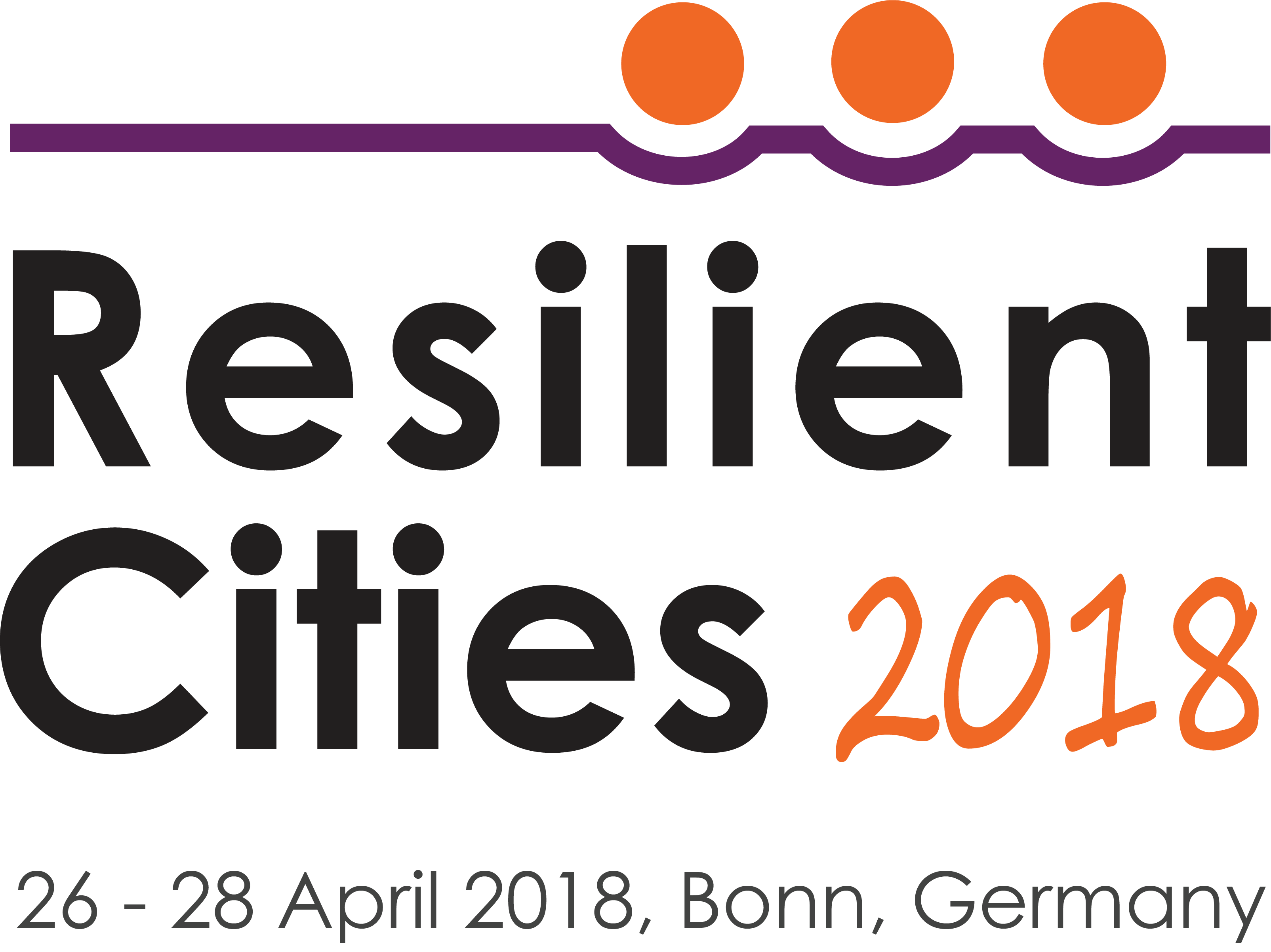If you would like to follow this discussion, give special consideration to the following Sessions:
A3 – “Cities in transition: from waste management to circular city economies“ hosted by RTI
D4 – “The need for a holistic approach to achieve sustainable food systems“ hosted by UN-Environment
F4 – “Building inclusive urban food governance: local food council in Lusaka, Zambia“ hosted by HIVOS
G3 – “Managing water resources in cities“ Presentation Session
Transitioning from Traditional Waste Management to a Circular Economy Approach
Waste represents inefficiency, which translates to economic loss and negative impacts to the environment, public health and social well-being. Moreover, waste management represents one of the largest cost to city budgets. Policies and programs to reduce the amount of waste generated are a priority, and turning waste that is generated into resource streams can generate revenues and create jobs. Transitioning from traditional waste management to a circular city economy is a complex endeavor that cuts across the domains of technology, economics, environment, governance, behavior change, education and social well-being. Cities must balance economic, environmental, social and other objectives to be sustainable.The objective of this session is to exchange knowledge, best practices, technologies and innovative solutions to challenges facing cities as they transition to a circular city economy. In this session, panelists will discuss emerging and innovative solutions, issues and challenges, and foster debate and interaction with the audience. The panel will include participants from a variety of stakeholder groups including cities, NGOs, development Banks, and industry. The session will be designed to focus not only the technical solutions but also focus on the underlying governance and capacity-building cities need to enhance service delivery, build Public-Private Partnerships, and ensure that innovative solutions needed to implement a circular economy can be implemented.
The need for a holistic approach to achieve sustainable food systems
Food systems need to function within the context of a finite and shrinking resource base. Currently collaboration across the food system is rare with silo-thinking predominant and insufficient interconnectivity among a variety of food system’s issues and impacts such as food production, environmental degradation, diets, nutrition, poverty, education, trade, etc. As a result of incoherent or inadequate policy planning, many food systems are exploiting more resources, externalizing costs to the environment or vulnerable communities, producing inefficiencies and mainly focusing on end-of-pipe solutions.
Looking at building inclusive urban food governance, practitioners will present the case of Lusaka, Zambia and present the entry point of building these local food councils.
Managing water resources in cities
Many cities are facing growing difficulties in securing safe and reliable water supplies, managing wastewater and dealing with floodwaters that threaten human health and safety and put critical infrastructure at risk. While cities’ vulnerability to water-related challenges are often associated with inadequate infrastructure, ineffective urban planning approaches and unplanned urban development, increasingly added pressure is generated by the impacts of climate change, increased population growth and related water-use needs, as well as water mis-management in the broader catchment which significantly reduces water availability in cities.
